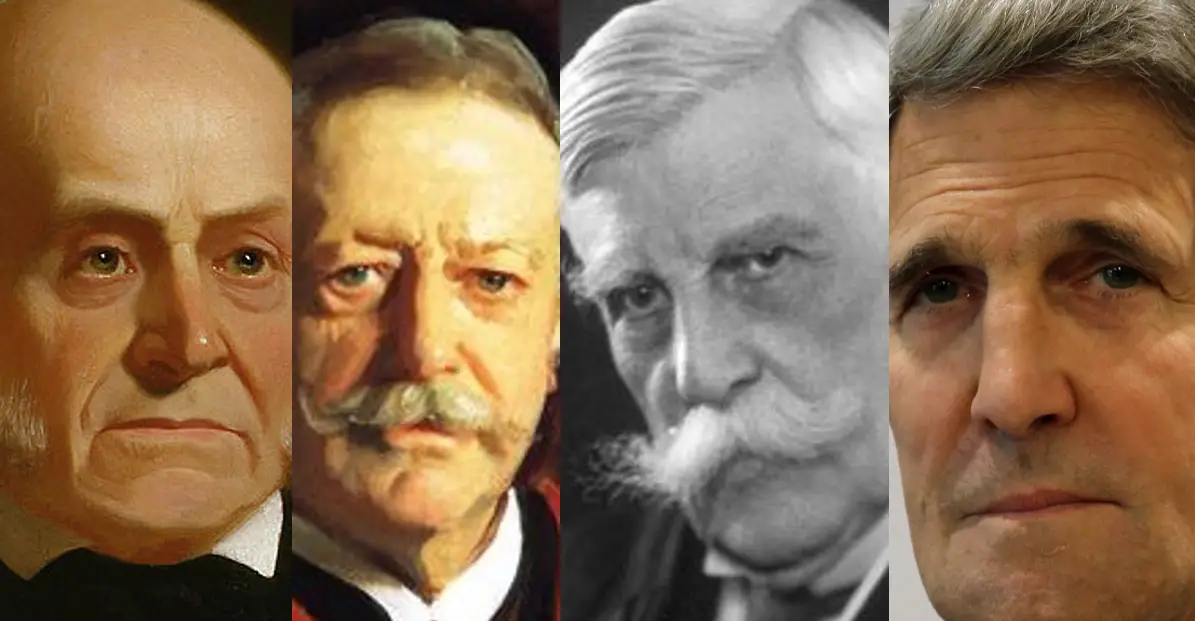The Boston Brahmin, a term coined by Oliver Wendell Holmes in 1861, refers to the aristocratic class of New England, particularly in Boston, Massachusetts. This social elite, known for their wealth, education, and influence, has played a significant role in shaping American politics since the colonial era. In this article, we will delve into the history of the Boston Brahmin, their values and beliefs, and their impact on American politics.

History of the Boston Brahmin
The Boston Brahmin emerged in the 17th century, when English Puritans settled in the Massachusetts Bay Colony. These early settlers, including notable families such as the Lowells, Cabots, and Forbes, established themselves as the dominant class in the region. Over time, they accumulated wealth, built esteemed institutions, and developed a distinct cultural identity. The Boston Brahmin were known for their conservative values, strong work ethic, and commitment to education and public service.
Values and Beliefs
The Boston Brahmin were characterized by their adherence to traditional values, including:
- Patrician ideals: They believed in the importance of noblesse oblige, or the responsibility of the wealthy and privileged to serve the public interest.
- Conservatism: The Boston Brahmin were generally conservative, opposing radical change and advocating for gradual, incremental reforms.
- Education: They placed a high value on education, establishing institutions such as Harvard University and the Boston Latin School.
- Public service: Many Boston Brahmin saw public service as a duty, with notable examples including politicians, diplomats, and military leaders.
Impact on American Politics
The Boston Brahmin have had a profound impact on American politics, with many notable figures emerging from this group. Some examples include:
- John Adams: A founding father and second President of the United States, Adams was a Boston Brahmin who embodied the values of his class.
- Theodore Roosevelt: Although not born in Boston, Roosevelt’s family had strong ties to the city, and he was influenced by the Boston Brahmin’s emphasis on public service and conservation.
- John F. Kennedy: The 35th President of the United States, Kennedy was a Boston Brahmin who represented the city’s democratic traditions and commitment to public service.
- The Lowell Family: The Lowells, a prominent Boston Brahmin family, produced numerous notable politicians, including Francis Cabot Lowell, who served as a U.S. Representative and Senator.
Influence on Policy
The Boston Brahmin’s influence on policy can be seen in several areas:
- Foreign policy: The Boston Brahmin’s international connections and business interests shaped American foreign policy, particularly in the 19th and early 20th centuries.
- Conservation: The Boston Brahmin’s emphasis on conservation and environmental protection has had a lasting impact on American policy, with many notable conservationists emerging from this group.
- Education: The Boston Brahmin’s commitment to education has led to the establishment of many prestigious institutions, including Harvard University and the Boston Latin School.
- Social reform: The Boston Brahmin have been involved in various social reform movements, including abolitionism, women’s suffrage, and civil rights.
Criticism and Controversy
While the Boston Brahmin have made significant contributions to American politics, they have also faced criticism and controversy:
- Elitism: The Boston Brahmin have been accused of elitism, with some arguing that their wealth and influence have given them undue power and privilege.
- Racism: The Boston Brahmin have been criticized for their role in perpetuating racism and segregation, particularly in the 19th and early 20th centuries.
- Conservatism: The Boston Brahmin’s conservative values have led to criticisms that they have opposed progressive reforms and maintained the status quo.
FAQ
- What is the Boston Brahmin?
The Boston Brahmin refers to the aristocratic class of New England, particularly in Boston, Massachusetts, known for their wealth, education, and influence. - Who are some notable Boston Brahmin?
Notable Boston Brahmin include John Adams, Theodore Roosevelt, John F. Kennedy, and the Lowell family. - What values do the Boston Brahmin embody?
The Boston Brahmin embody traditional values, including patrician ideals, conservatism, education, and public service. - What is the impact of the Boston Brahmin on American politics?
The Boston Brahmin have had a profound impact on American politics, with many notable figures emerging from this group and influencing policy in areas such as foreign policy, conservation, education, and social reform. - What criticisms have the Boston Brahmin faced?
The Boston Brahmin have faced criticisms of elitism, racism, and conservatism, with some arguing that their wealth and influence have given them undue power and privilege.
Conclusion
The Boston Brahmin have played a significant role in shaping American politics, with their values and beliefs influencing policy and public service. While they have faced criticisms and controversy, their contributions to education, conservation, and social reform are undeniable. As the United States continues to evolve and grow, the legacy of the Boston Brahmin serves as a reminder of the importance of public service, education, and traditional values. By understanding the history and impact of the Boston Brahmin, we can gain a deeper appreciation for the complexities of American politics and the enduring influence of this aristocratic class.
Closure
Thus, we hope this article has provided valuable insights into The Impact of Boston Brahmin on American Politics. We appreciate your attention to our article. See you in our next article!




